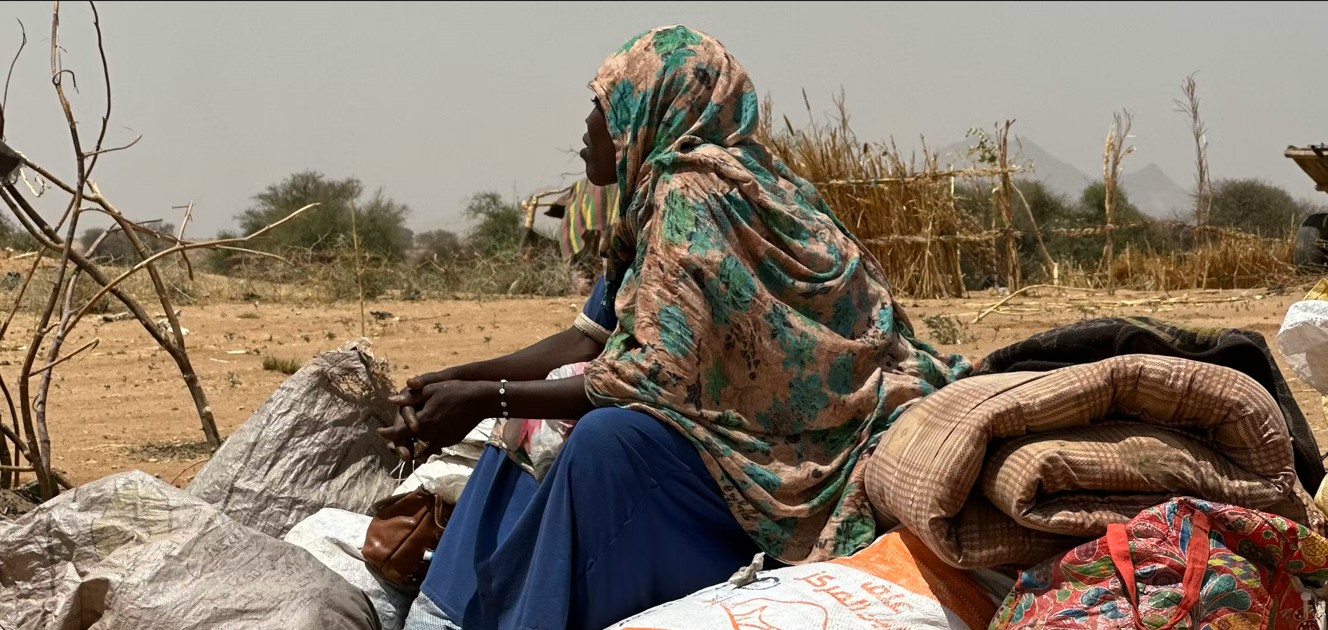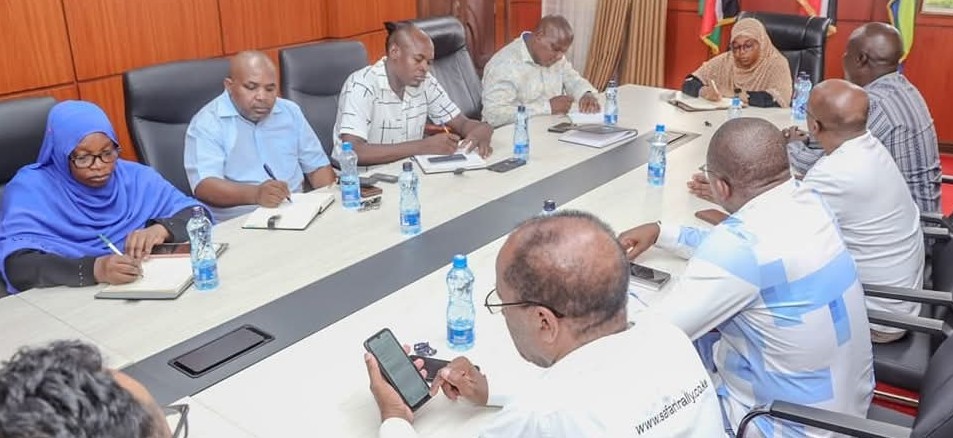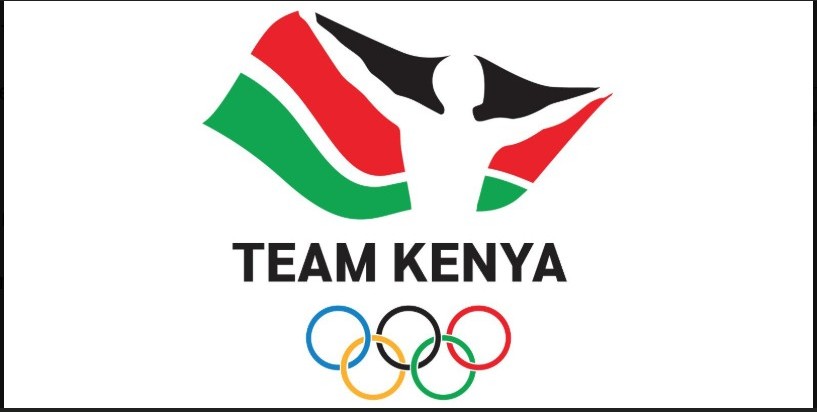Amnesty International to expand advocacy work in Kenya

Part of this is contained in its newly launched (2024-2028) strategic plan that seeks to entrench more of its activities at the grassroots in its push to expand the respect for human rights.
Amnesty International, Kenya is seeking to adopt new ways to heighten its push for justice and respect for human rights a decade after it began its operations in the country with a vigour that saw it granted section status in December 2022.
The Human Rights Organisation that has been at the forefront of the push against police brutality and injustice in the country is now seeking to widen its wings to cover more areas that are of concern to Kenyans including advocacy against corruption and promotion of citizen digital rights in the wake of the adoption of digital identity in the country.
More To Read
- Tanzania dispatches envoy to Brussels to avert Sh23.3 billion EU aid freeze
- European Parliament moves to block Sh23.44 billion aid to Tanzania after post-election violence
- Report: Civic space in Kenya shrinking, citizens face restrictions on expression and assembly
- Global HIV response facing worst setback in decades, UNAIDS warns
- Kanja admits police could have done better in handling Gen Z protests, advocates for training
- Ending violence against women ‘a matter of dignity, equality and human rights’
Part of this is contained in its newly launched (2024-2028) strategic plan that seeks to entrench more of its activities at the grassroots in its push to expand the respect for human rights.
For the last decade, Amnesty International, Kenya has rallied with families, communities, civic coalitions, and duty-bearers to protect and demand justice for victims of gender-based violence, extrajudicial executions, impunity, identity-based profiling, forced evictions, and patient detentions, among other rights violations.
The document notes that like other countries, Kenya faces the global poly-crisis of catastrophic climate change, cost-of-living, democratic recession, and social polarisation.
“Despite the shift in national and county administrations during the recent August 2022 General Elections, Kenya continues to grapple with the deadly venom of inequalities, impunity, and discrimination.”
The inequalities manifest in the form of class differences with many jobless and economically disenfranchised Kenyans who are living in survival mode, still grappling with the rising cases of get-away corruption amongst the political class.
“Living costs are spiking, state appetite for taxation is intensifying, and violent public protests are accelerating,” the document notes a situation that pushes those affected to a state of helplessness.
The situation is however not helpless, as AI notes that a new, young, fearless, and dynamic crop of human rights defenders is emerging and pushing for change in the country.
“Supported by Amnesty International, activists have voluntarily embraced digital technology to champion new innovative ways to exercise the freedom to express, associate, dialogue, and dissent where necessary. We shall support these nascent voices to reduce stigma, discrimination, and violence against women and girls, persons of disabilities, and other minorities,” the organization observes.
As it embarks on the next half a decade of positive activism, AI Kenya hopes to increase its membership, reach, and funding to have more impact on the ground.
Top Stories Today

















































